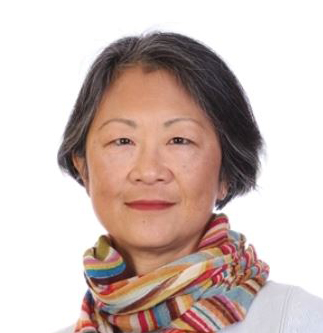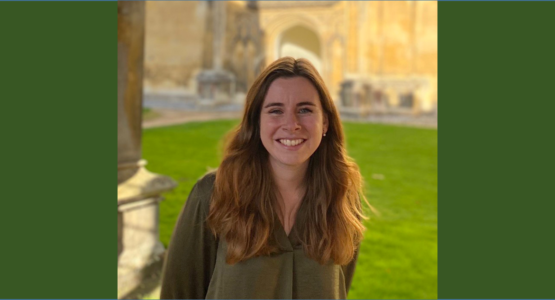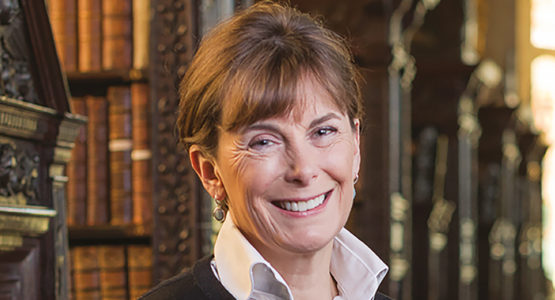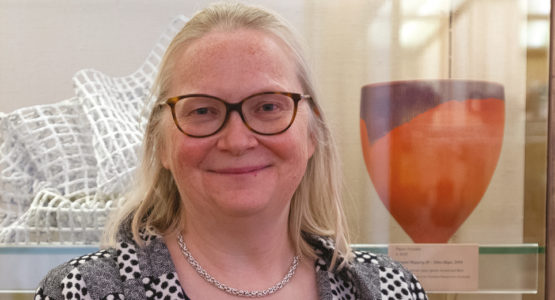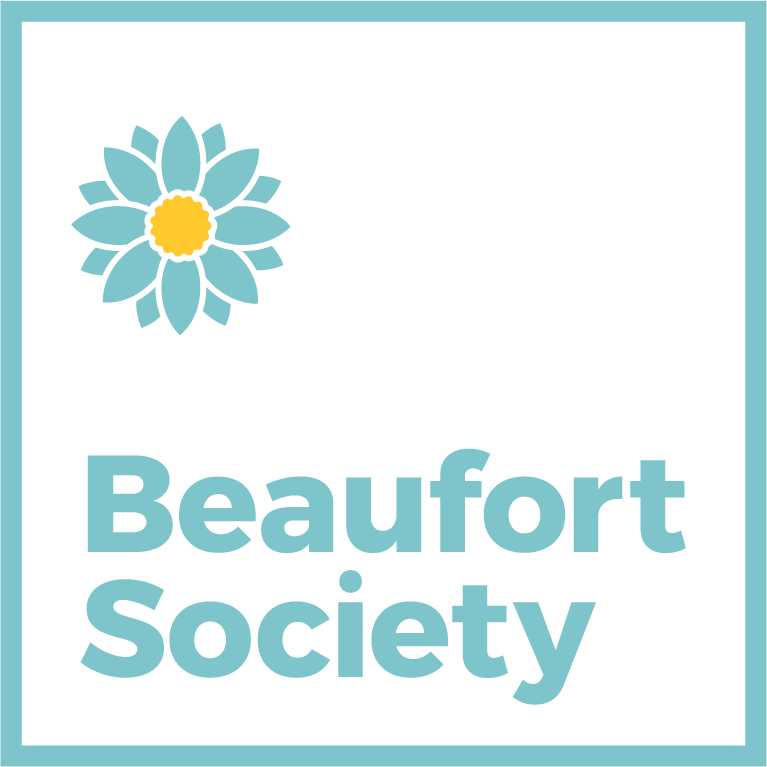
Sharon Chen (1982) was amongst the first cohort of female undergraduates at St John’s and was the first to have her name entered in the Admissions Register. Whilst at Cambridge she read Medical, Social and Political Sciences. After an early career in investment banking and major gifts fundraising, Sharon now works as the bursar of an independent girls’ prep school. She reflects on the changes in women’s education in the 40 years since she came up to St John’s.
In the early 1980s Cambridge entry was via an exam taken in either the seventh or fourth term of sixth form. I wasn’t keen to do either for various reasons which meant my school was less than helpful. Luckily, I was able to find good advice from the boys’ equivalent of my school. They encouraged me to apply to St John’s as they had a history of sending pupils there to read Medicine.
The second reason for my college choice was a visit to Cambridge with my mother. One rainy Sunday we walked around almost all of the colleges. I decided to go for John’s as it was, in my opinion, the most beautiful of them all. I was also attracted by the opportunity to be one of the first female undergrads.
I’m not sure I knew what to expect. A Cambridge education wasn’t something I had envisaged as a teenager, so in that sense I couldn’t be disappointed. I enjoyed the stringent academic provision and expectations, the numerous extra-curricular activities and the excitement of meeting like-minded students from around the country and the world. I was blissfully happy. For the first time in my life, I was able to direct my learning which was both scary and motivating. And when there were the inevitable wobbles, the pastoral care was terrific, both from my personal tutor, Dr Leake, and from the porters.
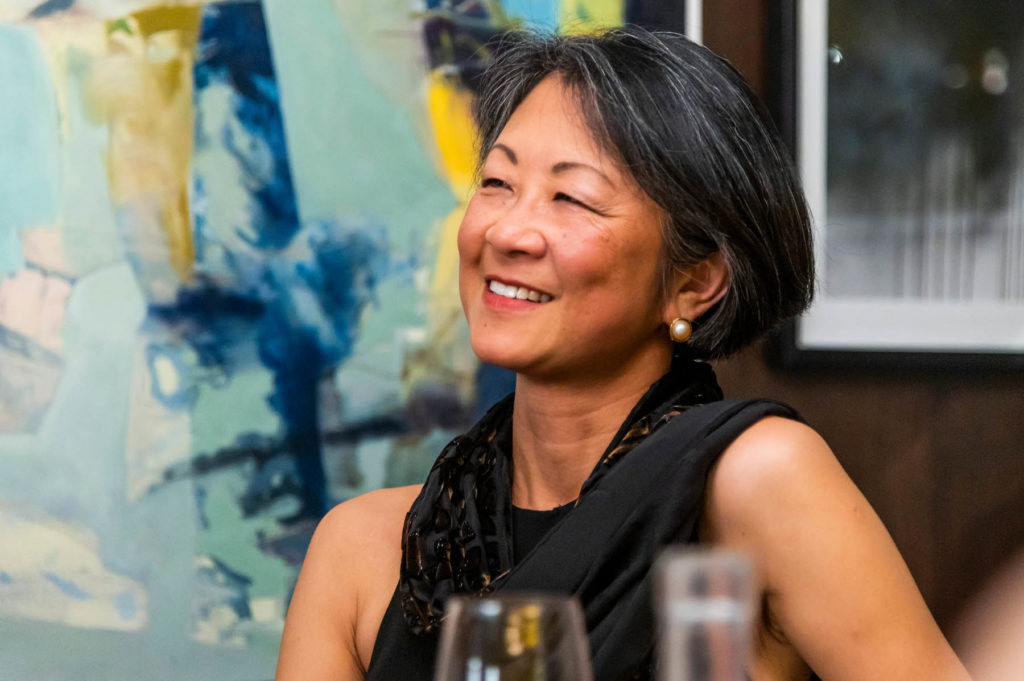
After graduating from St John’s, I started in management consulting. The experience was fantastic training for a former medic/SPS student. I was exposed to a range of business functions and learned on the job from my seniors – somewhat different from learning from books and lectures, and more like supervisions.
I then decided to move into finance and took a Master of Business Administration degree at The Wharton School of the University of Pennsylvania. I worked in New York and London in Mergers and Acquisitions for a US investment bank. The work was challenging at times but I quickly became disillusioned with what I considered to be the greed of those around me. Although I had decided not to become a doctor, the importance of ‘doing the right thing’ and a sense of altruism led me to question whether I could continue in corporate finance. The answer was ‘no’.
I left the industry and returned to Cambridge to work in the Cambridge University Development Office with responsibility for major gifts fundraising. I was on a fraction of my previous salary but
believed in what I was doing – contributing to Cambridge’s future as a world-leading educational establishment. As agreed with my then boss, Dr Bill Squire, it is a privilege, not a chore, to ask for money to benefit others. It was a happy time for me, working within a collegiate community. We facilitated links between businesses and Cambridge academics to benefit both parties. Development, rather than fundraising, was in its infancy and alumni and the British public were being introduced to the concept of investing in future generations. I rekindled links with St John’s at this time, often dining in Hall and staying overnight. As we all know, ‘Once a Johnian, always a Johnian’.
I believe in the power of education to open doors for girls, not only through the provision of knowledge but also in the creation of self-belief.
It was partly this memory of working for Cambridge, an educational setting, that drew me back to working in schools after having a family. The overriding objective of promoting the best interests of the child was one I could unwaveringly embrace. I began as a music administrator for a choir school and moved on to being a bursar for an independent girls’ prep school. My financial knowledge was once again useful after a break of 20 years!
I don’t believe women’s access to education has changed significantly over the last 40 years except in one way – having to pay for tertiary education. Taking on debt is potentially off putting to those who aren’t used to it. Parents may choose to invest in their sons more than their daughters. Overall, however, girls have gone on into higher education in increasing proportions over the last 40 years as their self-assurance and confidence have grown.
I believe it is the role of schools, starting at primary level, to develop self-belief – to encourage girls to try, dare to fail, and do what they want to do, not what they are expected to do. I believe in the power of education to open doors for girls, not only through the provision of knowledge but also in the creation of self-belief. Only with change in the young will the foundations be laid for later progress.
Our generation was lucky in having free tertiary education and access to grants
On my first day at St John’s, the College flag was flying at half-mast. On my first evening, several of us girls were subject to a display of ‘mooning’ from the rugby team. Such aggressions are inconceivable today but it is only through the determination of previous women that there will be progress. I have a note from the then Dean of Chapel saying I was the first girl to read grace in Hall for over 500 years. Now such an event is commonplace.
I hope my legacy will be used to offer student support to those whose families find it hard to provide top-up funding. I enjoy reading about how students have put College grants to use and hope that my bequest will, in some small way, do the same in the future. Our generation was lucky in having free tertiary education and access to grants. Students nowadays benefit from extra support during both term time and vacations. Without the latter, they often find it hard to take part in the research programmes and internships that will influence their future direction. These opportunities are an integral part of the undergraduate experience.
Thanks to the foresight of benefactors such as Lady Margaret Beaufort, St John’s College came into being. Without her investment, I would have been denied my undergrad haven. Generations of students would have missed out on their formative years of learning, discovery and friendship. I believe those of us who have benefitted from St John’s have a duty to pay back what we can. I’m pleased that my bequest will allow me to be a tiny part of the College’s future. I often hear the question asked, ‘What can my modest contribution achieve?’ My reply is that ‘if those who benefitted don’t contribute, why should others?’ Go on, do it!
Read more about leaving a legacy to St John’s on our website.
Written by
After an early career in investment banking and major gifts fundraising, Sharon now works as the bursar of an independent girls’ prep school. Sharon was one of the first female undergraduates at St John’s College and whilst at Cambridge she read Medical, Social and Political Sciences.


